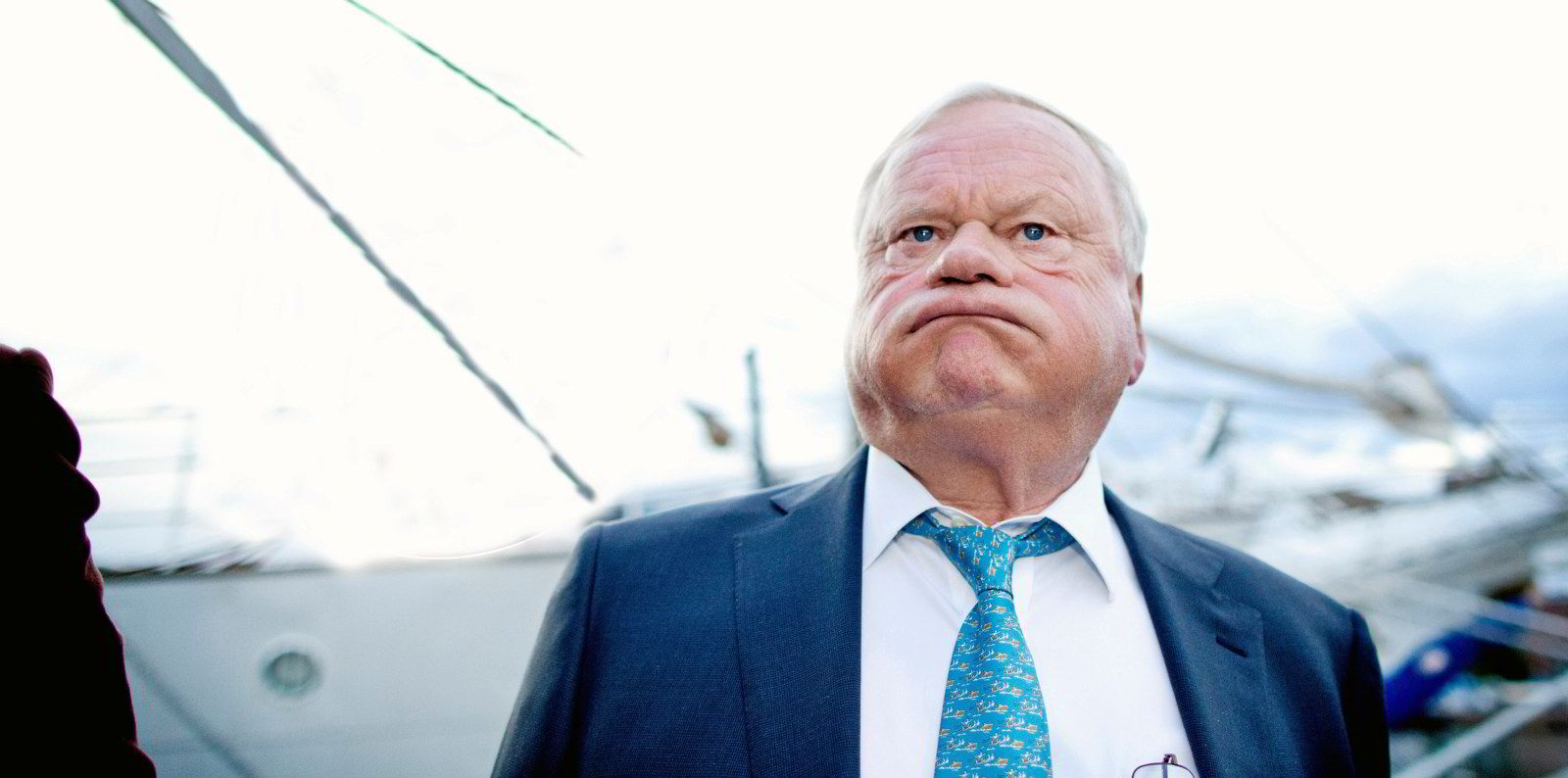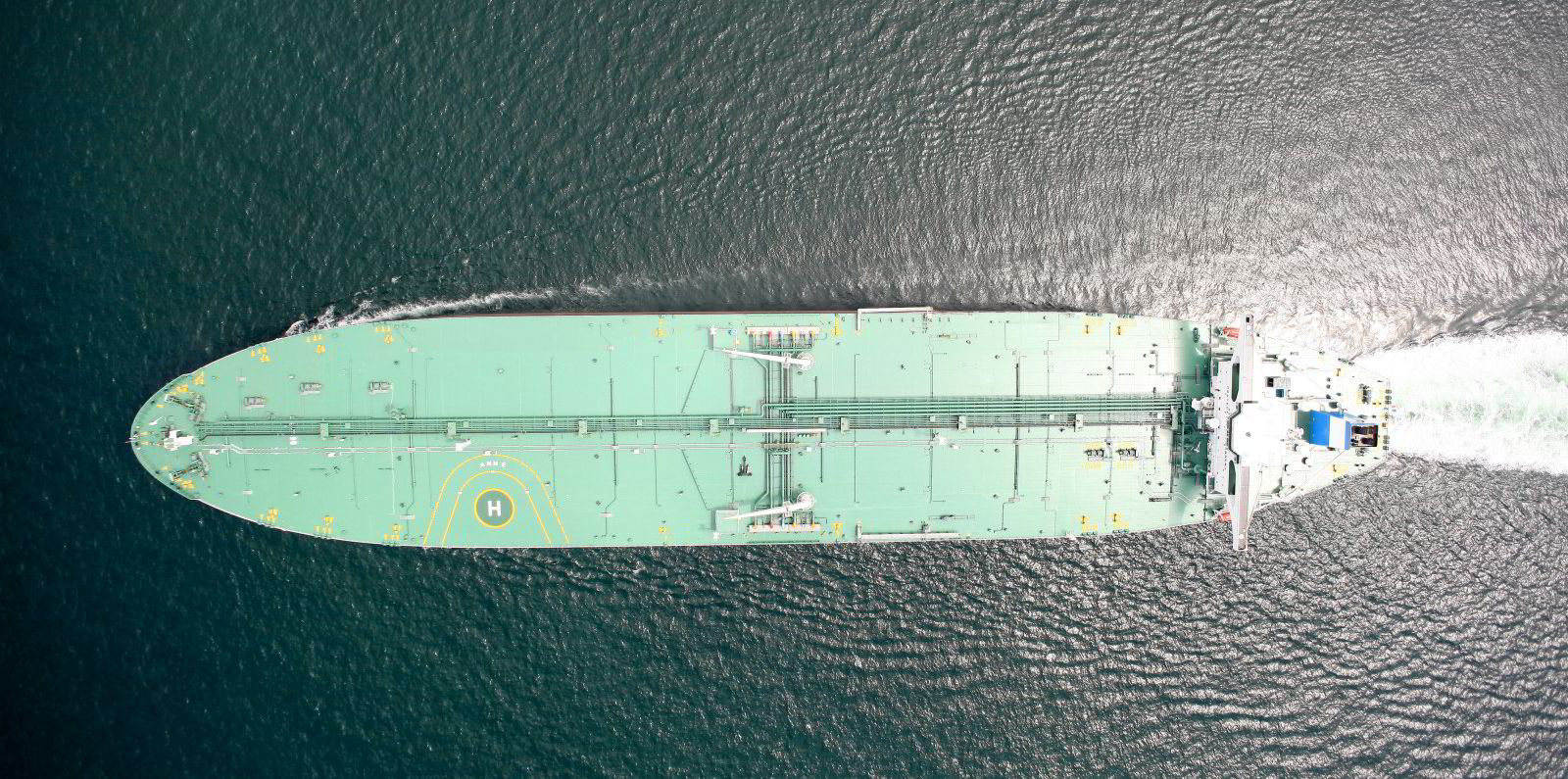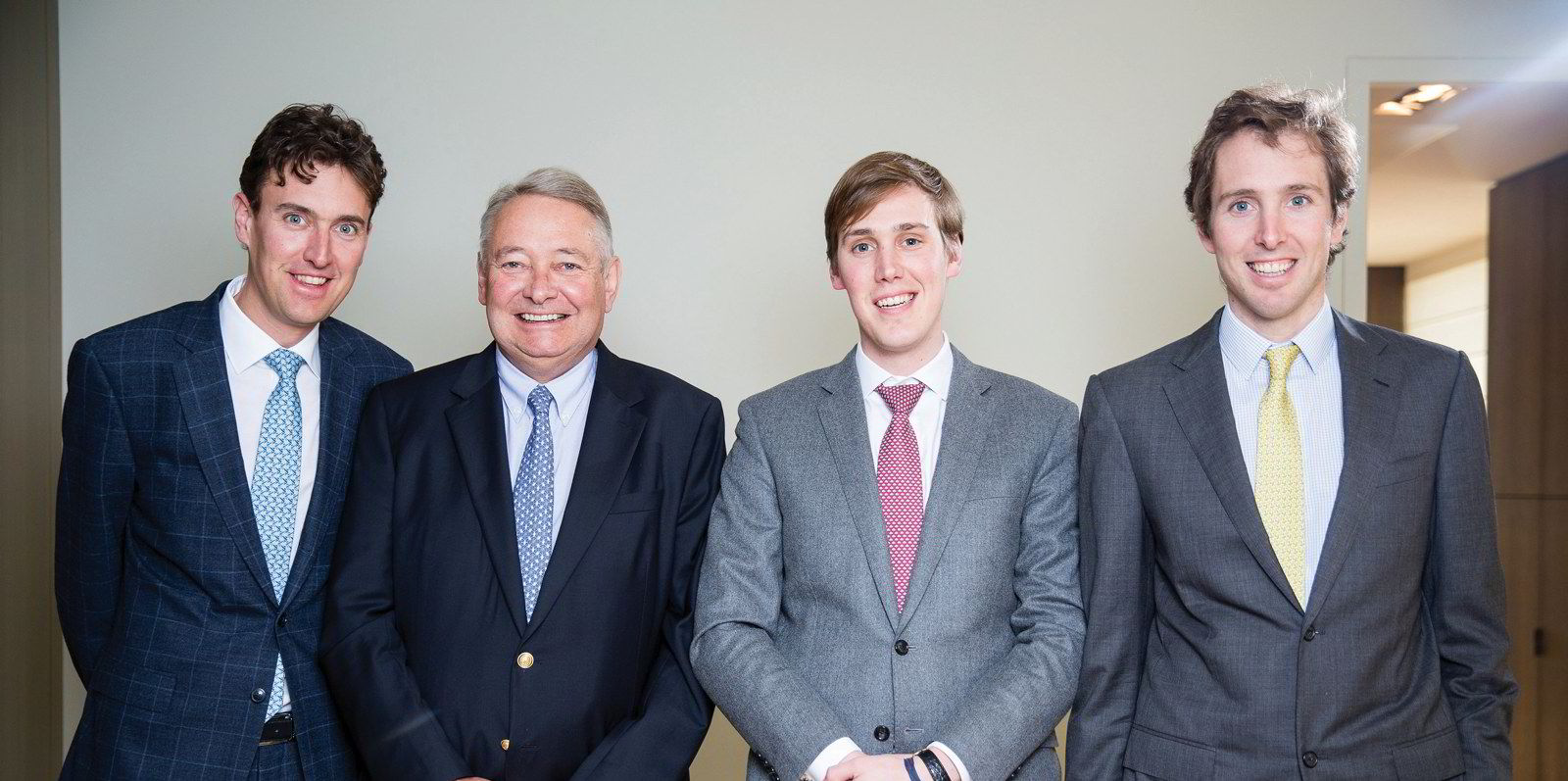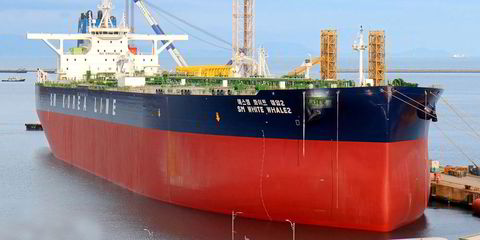Even creating the world’s biggest crude tanker company will not move the dial in terms of market power, Clarksons Platou Securities believes.
Frontline and Euronav are working on a $4.2bn tie-up that will bring together nearly 150 ships.
The all-share deal will give the combined operation 8.1% of the VLCC market with 69 vessels, the Norwegian investment bank calculates.
On the suezmax side, the market share is 9.3% with 57 tankers.
The total market share in deadweight capacity, including 20 LR2/aframax vessels, will be about 5%.
Analysts Frode Morkedal and Even Kolsgaard said: “Overall we believe this is good news for investors, with likely increased trading liquidity, cost savings and improved balance sheet terms with the combined entity.”
But they argue: “The spot tanker market is hugely competitive, and it is hard to argue for any market power with 8% ownership of the supertanker fleet.”
“There should be clear synergies in terms of cost of capital, however. A larger market capitalisation and trading liquidity should, all else being equal, improve cost of equity, but probably more important is improved cost of debt,” the analysts said.
Frontline today has better loan margins of around 170 basis points above Libor, with Euronav on about 220 bps, Clarksons Platou said.
“The combined company should likely be able to improve those numbers further,” the investment bank added.
A fair exchange
The analysts see the exchange ratio of 1.45 Frontline shares for each Euronav share as a fair one.
Fredriksen’s private Hemen Holding will be the largest shareholder with approximately 22% ownership in the new company, based on his stakes in both Frontline and Euronav.
In general terms, Frontline has relied on outsourcing, except for commercial operations, while Euronav generally has everything in-house, except for commercial management through the Tankers International pool.
“As such, we believe there is a good complementary fit. That said, economies of scale and strength in procurement etc should allow for lower general and admin [costs] all else being equal,” Morkedal and Kolsgaard said.
Big profit coming?
Clarksons Platou is assuming spot rates for VLCCs of $50,000 per day in 2023, and $35,000 for suezmaxes.
The analysts forecast net profit of $534m for Euronav and $516m for Frontline for that year, giving combined earnings of $1.1bn if synergies are $50m.
The savings figure is a “guesstimate”, however.
“The larger size should attract larger, long-only funds and thus potential pricing could also be argued to improve. In sum, we believe a merged powerhouse makes sense,” they added.






